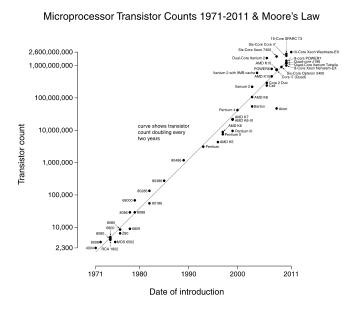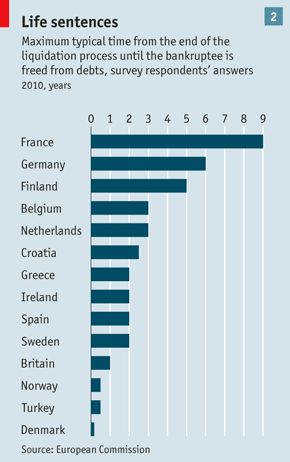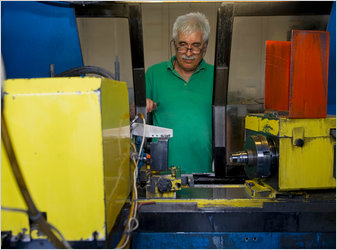There are more and more converging papers, posts and books about the disappearance of the ‘middle class’. The ‘middle class’ actually is quite a specific concept linked to the Industrial Age – it did not exist before: employees of corporations with a significant buying power and certainty in future revenue and position, that could hence spend in a number of consumption goods and invest in property, own their own house…
 It seems quite visible from the available statistics that in effect, the wealth of the ‘middle class’ is diminishing; that less and less people can be described as being part of this group (as shown by the graph above); and that the very characteristics that described it – job security, relatively good buying power etc – seem to be disappearing.
It seems quite visible from the available statistics that in effect, the wealth of the ‘middle class’ is diminishing; that less and less people can be described as being part of this group (as shown by the graph above); and that the very characteristics that described it – job security, relatively good buying power etc – seem to be disappearing.
As many authors today, I believe it is a structural change brought about by the Fourth Revolution – and not just the result of increased inequality that would be due by globalization (low salaries elsewhere…). It is due by a shift in value creation. The relatively repetitive and often bureaucratic work of the middle class is increasingly being taken up by automatic systems and soon by robots. Value concentrates in the creative work that gives life to these systems and tools.
This will pose a number of problems to our societies:
- the consumption economy is in great part based on the buying power of the middle class
- value creation will concentrate on a smaller percentage of the people, which will require a revamp of the redistribution policies to maintain social harmony.
This shift is probably the most critical societal shift created by the Fourth Revolution. Are you ready for it?










